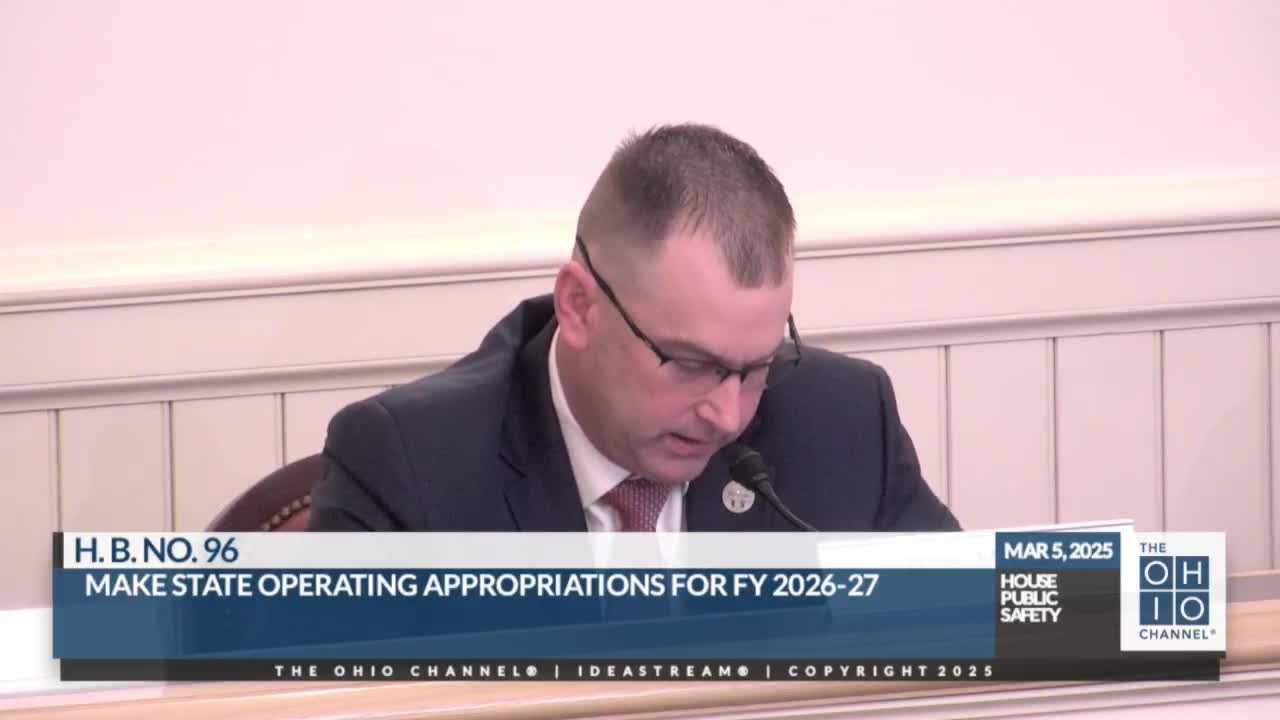Article not found
This article is no longer available. But don't worry—we've gathered other articles that discuss the same topic.
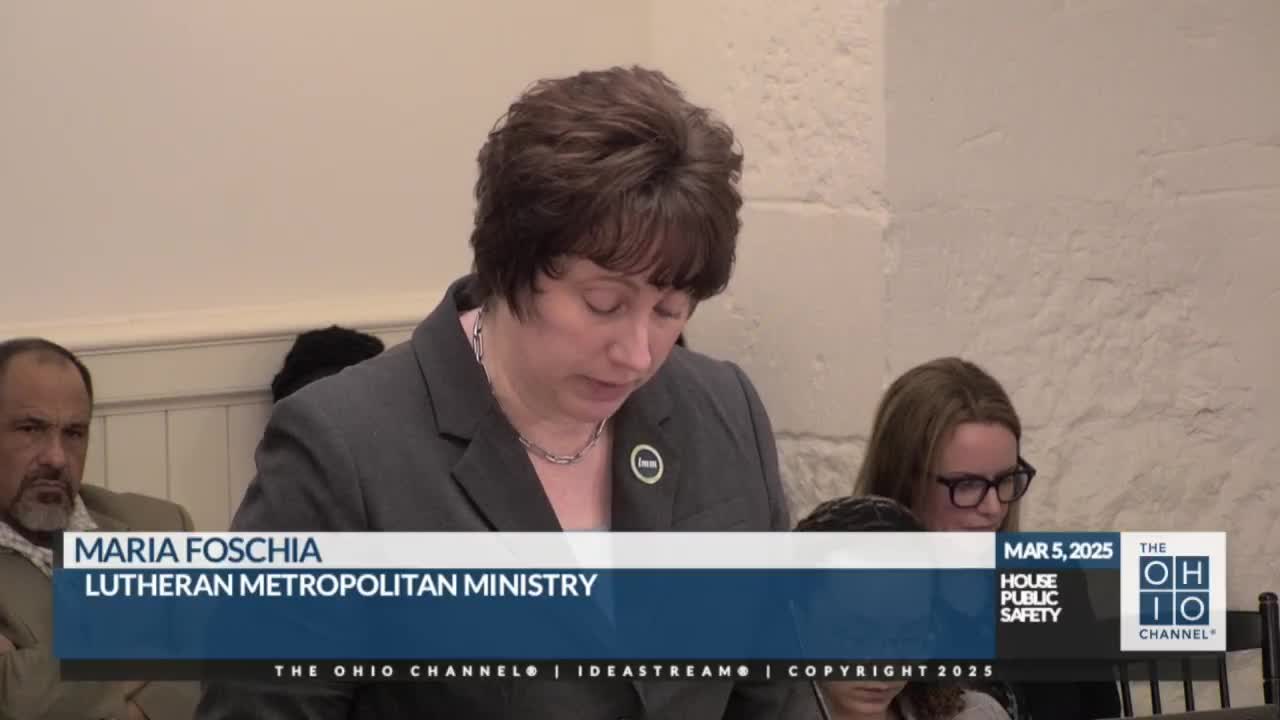
Nonprofits, reentry programs and juvenile advocates press committee for sustained reentry, DYS reforms and human‑trafficking funding
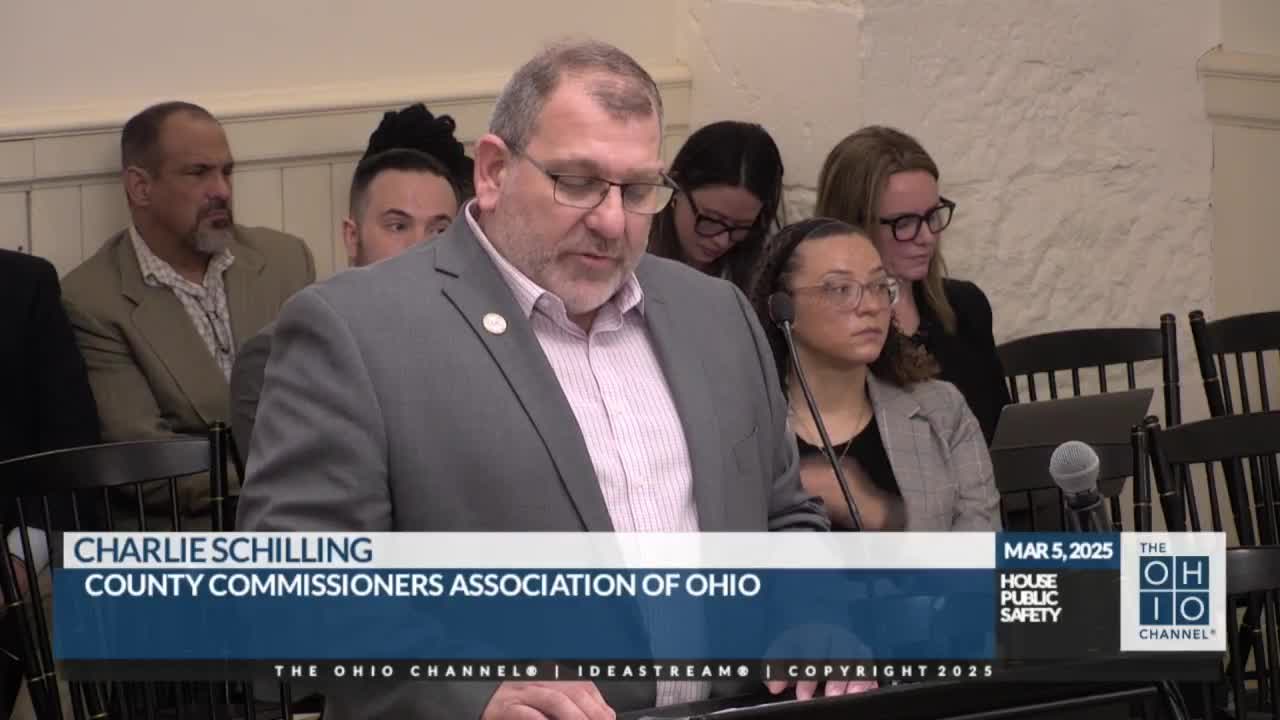
County commissioners push $1 NextGen 911 fee to replace local levies; lawmakers debate distribution and auditor findings
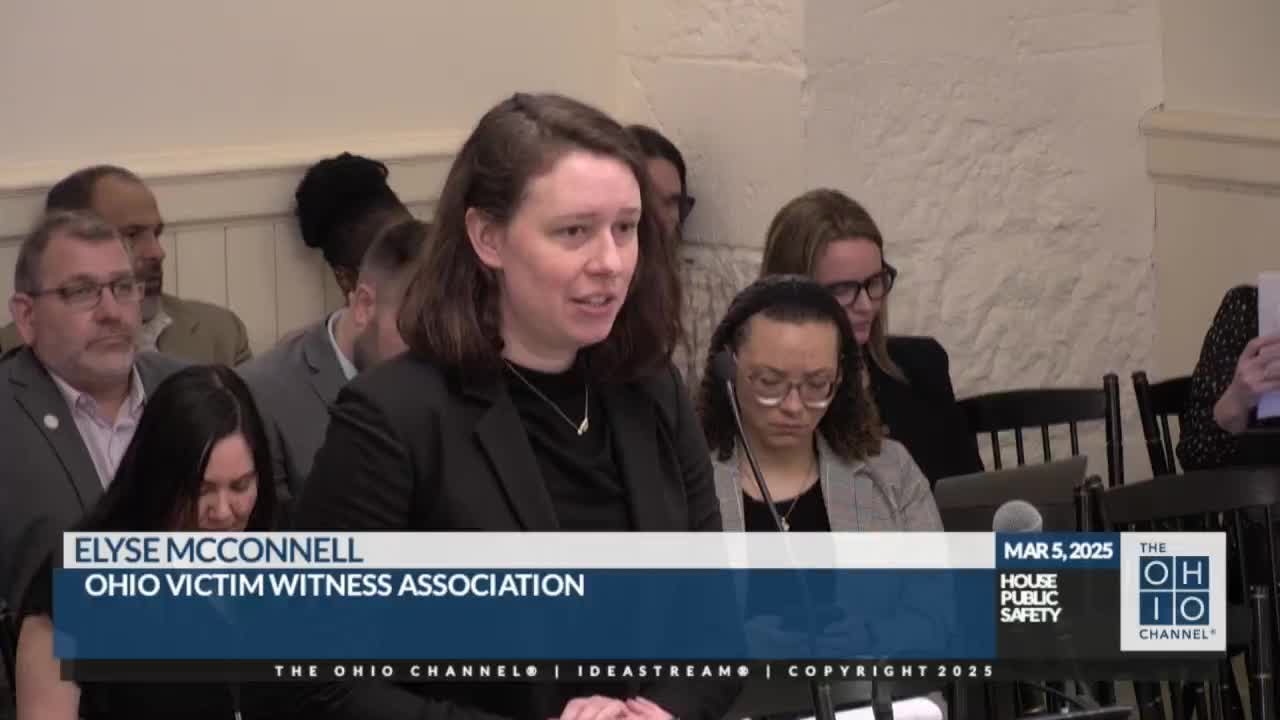
Victim advocates urge $5 million state line to backfill federal VOCA shortfall
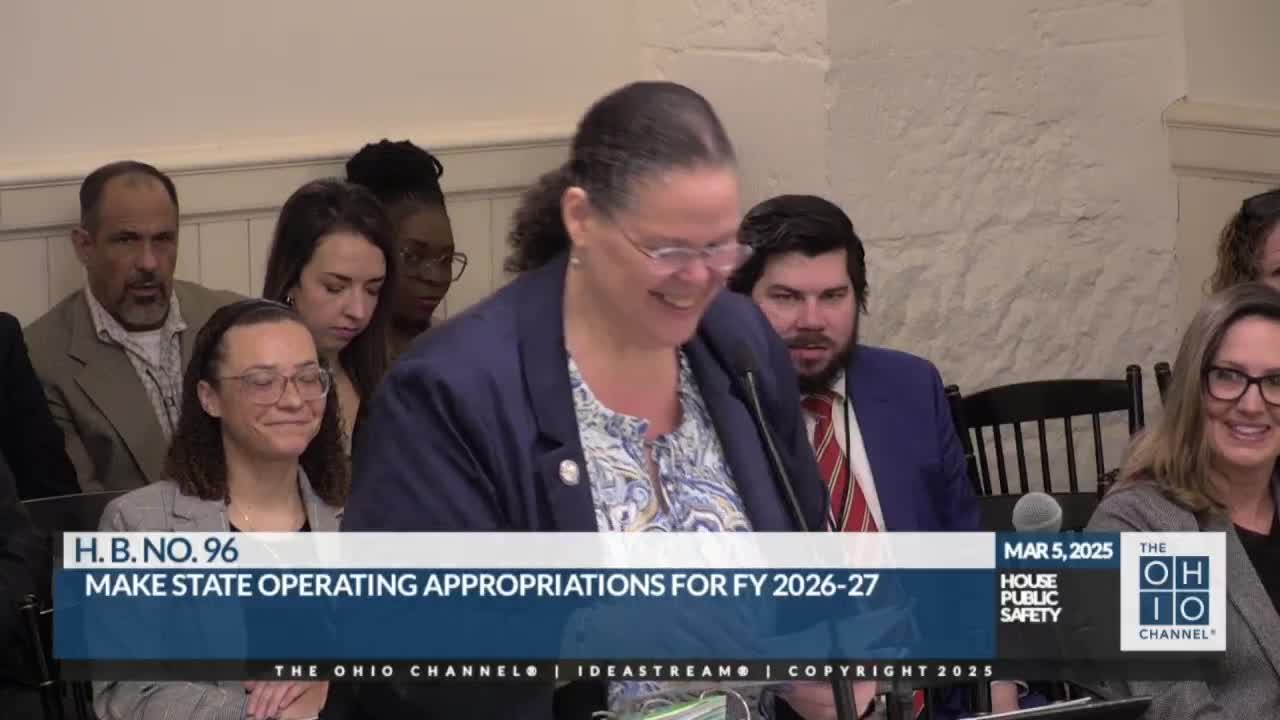
Ohio prison chief urges more staff, security tools and reentry funding in biennial budget
